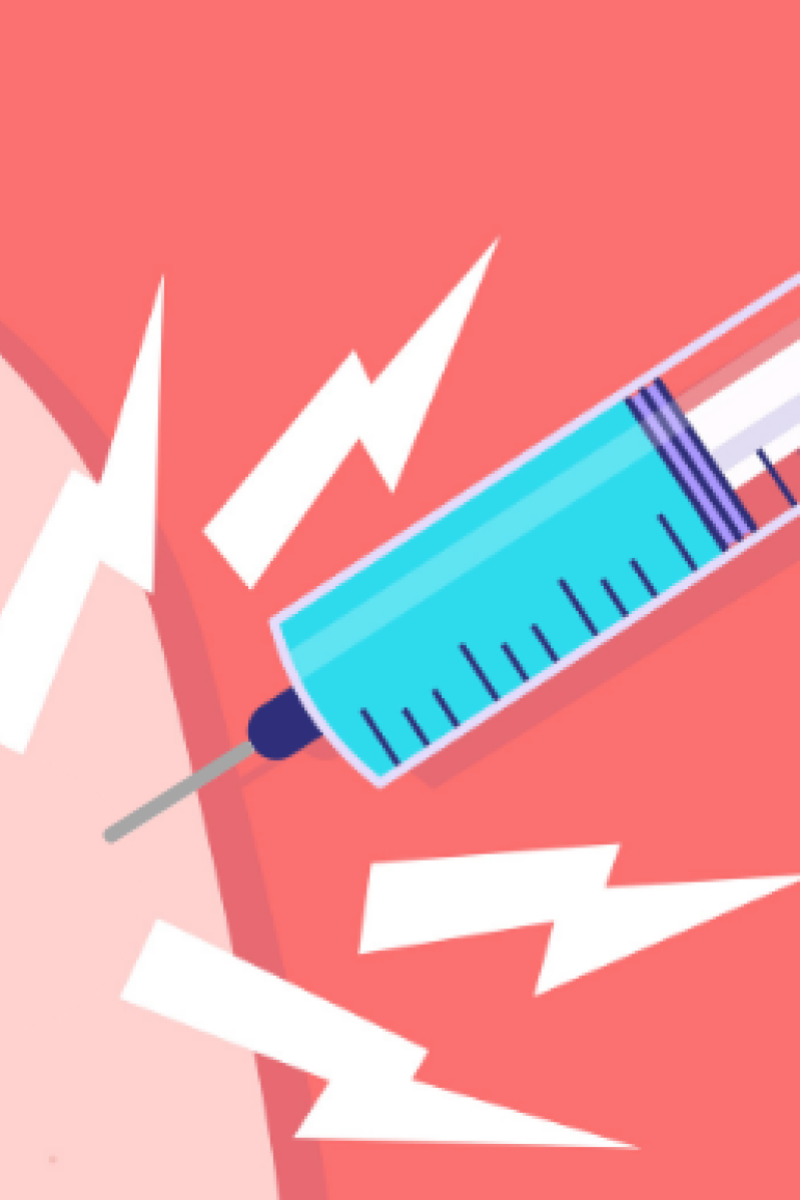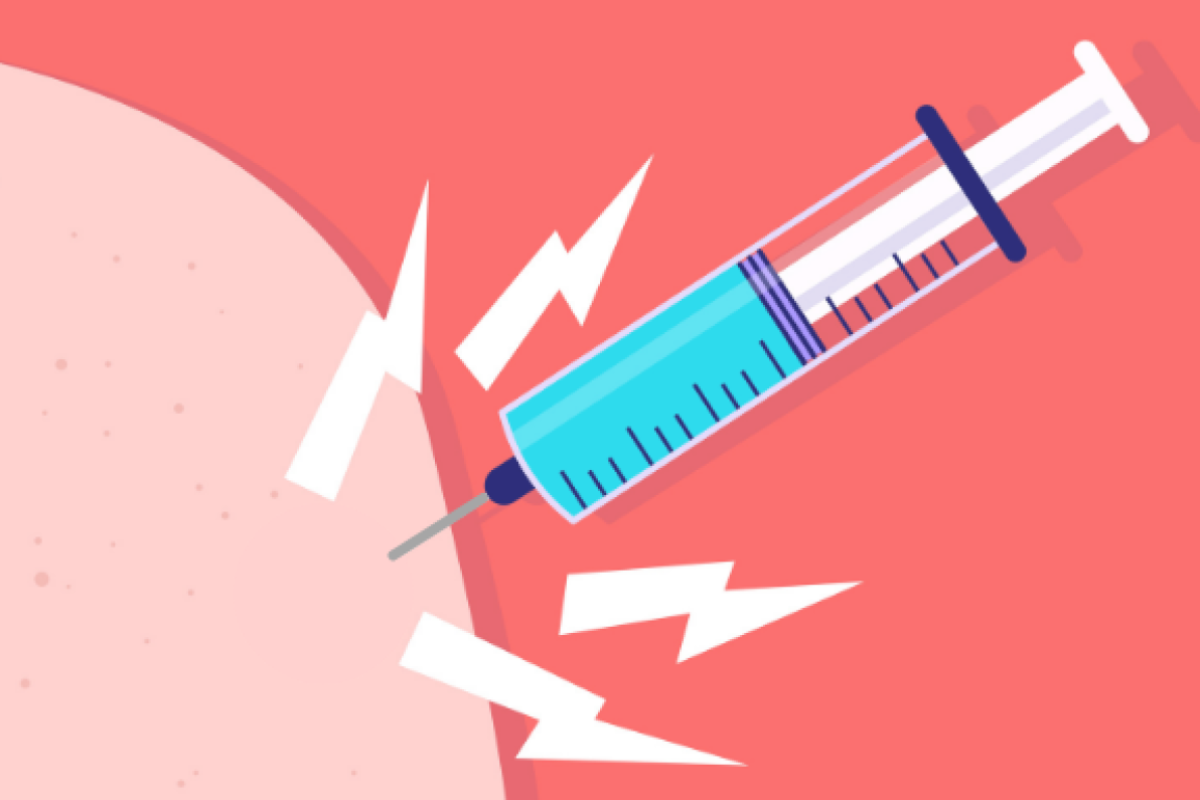
How to get your Covid-19 vaccine if you’re scared of needles
- Professionals share top tips for getting the jab if you have trypanophobia – an extreme fear of injections
- Some people avoid being inoculated due to concerns about pain or fainting
 Needle fears are perfectly normal, but you can manage them, and still get your Covid-19 vaccine
Needle fears are perfectly normal, but you can manage them, and still get your Covid-19 vaccineCountries around the world are ramping up their vaccine campaigns, broadcasting videos of celebrities and politicians getting their jabs, and encouraging people to join the global effort to get their jab as soon as they’re eligible.
Public health experts say it’s important to get at least 70 per cent to 80 per cent of the public vaccinated to reach what is called herd immunity, when enough people will either have had the Covid-19 virus or a vaccination, to severely limit its further spread.
How to have meaningful, socially-distanced interactions during Covid-19
But what if you’re just, like, really scared of needles? For some people, it’s fear of the pain they cause. For many others, it’s an irrational, but very real phobia.
An extreme fear of needles or medical procedures involving injections is technically called trypanophobia, said Dr Jeffrey Geller, president of the American Psychiatric Association.
“Some people avoid needles because of fear of pain, some from fear of fainting,” said Geller.
“And some people do faint.”
5 tips to help you sleep better right now, because Covid-somnia is real
It may have an evolutionary basis, said Thea Gallagher, an assistant professor and the director of the clinic at the Centre for the Treatment and Study of Anxiety at the University of Pennsylvania in the US.
“We know from evolutionary biologists that seeing a sharp object going into our bodies is not something we are supposed to be cool with,” said Gallagher.
Don’t let anxiety disorder get the best of you
Luckily, there are some simple tips to help you get through the experience.
● Put it in perspective. Be positive about the reasons you are getting the vaccine and remember that, if you’re afraid of the pain, it will be short-lived, like a stubbed toe, said Gallagher.
●If you are getting the two-dose vaccine, remember to “be objective about how the first one went,” Gallagher said, “and that you got through it.”
● Bring a support person. Some vaccination sites will allow this. Ask.
● Practise deep breathing or other techniques to help stay calm at the site.
●Eat something and drink water beforehand; it reduces the chance of fainting.
● Tell the person giving you the vaccine about your concerns.
“When you get there, you can say, ‘Look, I don’t like needles.’ The health care providers are used to that,” said Dr Georges Benjamin, executive director of the American Public Health Association. Speak up. You’ll feel more secure having voiced your fear.
● Ask to be inoculated in a reclined position.
● Don’t be afraid to seek professional help beforehand if your fear is intense but you feel strongly about getting vaccinated. A therapist can use cognitive-behavioural techniques or exposure therapy to help, said Geller.
●And finally, don’t be embarrassed. Fear of needles is “nothing to be ashamed of. We come by it honestly,” said Gallagher.
“Anxiety is likely making it into a bigger monster” than it should be. “It’s not worth beating yourself up about.”